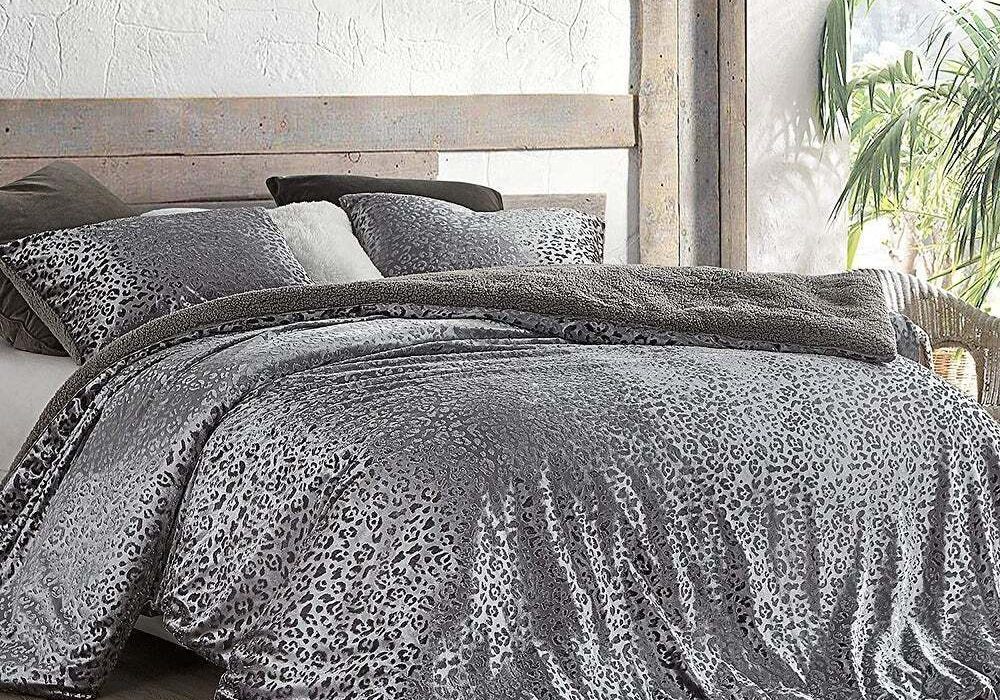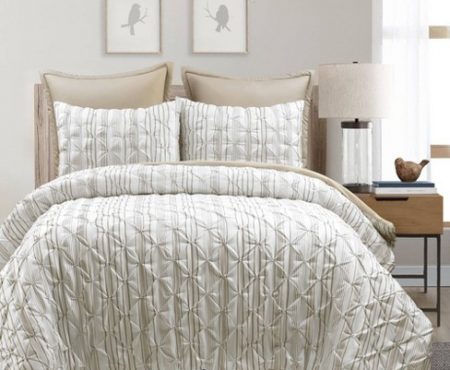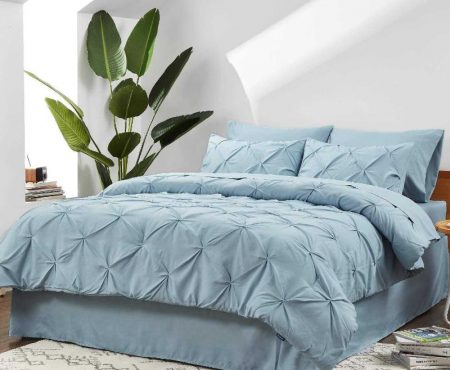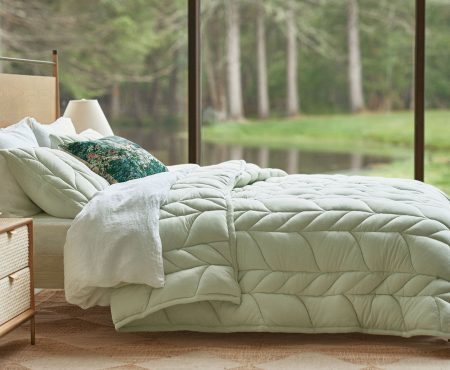In an era where sustainability and environmental consciousness are paramount, every aspect of our lives, including our choices in bedding, plays a role in minimizing our ecological footprint. Sustainable bedding options not only contribute to a healthier planet but also offer comfort and style without compromising on quality. From organic materials to innovative manufacturing processes, the world of eco-friendly bedding is expanding, providing conscientious consumers with an array of choices. In this article, we delve into the realm of sustainable slumber and explore the benefits of incorporating eco-friendly bedding options into your sleep environment.
The Impact of Conventional Bedding
Conventional bedding, often made from non-organic cotton and synthetic materials, can have a negative impact on both the environment and our health. The production of non-organic cotton typically involves the use of pesticides, chemicals, and excessive water consumption. Synthetic materials, such as polyester and nylon, are derived from non-renewable resources and contribute to microplastic pollution. Additionally, these materials may off-gas harmful chemicals that can affect indoor air quality and our overall well-being.
Choosing Organic and Natural Fibers
Organic and natural fibers are at the forefront of sustainable bedding options. Organic cotton is grown without the use of synthetic pesticides or genetically modified organisms, making it a healthier and more eco-friendly choice. Bamboo-derived fabrics, such as bamboo lyocell or bamboo viscose, offer a sustainable alternative due to bamboo’s rapid growth and minimal water requirements. Other natural fibers, like hemp and linen, are also gaining popularity for their sustainable cultivation and minimal environmental impact.
Regenerative and Eco-Friendly Manufacturing
Sustainable bedding goes beyond the choice of materials—it also encompasses the manufacturing process. Look for brands that prioritize regenerative and eco-friendly manufacturing practices. This includes using low-impact dyes, water-efficient processes, and renewable energy sources. Certifications such as Global Organic Textile Standard (GOTS) and OEKO-TEX® Standard 100 ensure that the entire production chain adheres to strict environmental and social criteria.
Biodegradable and Recyclable Materials
Bedding made from biodegradable and recyclable materials further reduces its impact on the environment. Tencel™ lyocell, a fiber derived from sustainably harvested wood pulp, is known for its biodegradability and closed-loop manufacturing process. Recycled polyester, made from post-consumer plastic bottles, helps divert plastic waste from landfills and oceans. Opting for bedding with these materials contributes to a circular economy and minimizes the accumulation of waste.
Minimalist Design and Longevity
Sustainable bedding often embraces minimalist design principles and timeless aesthetics. By selecting bedding with classic patterns and neutral colors, you create a versatile and enduring sleep environment that transcends fleeting trends. High-quality sustainable bedding is designed to withstand the test of time, both in terms of durability and style. Investing in bedding that is built to last reduces the need for frequent replacements and conserves resources in the long run.
Sleeping Soundly: Health Benefits
Eco-friendly bedding options can also have positive implications for your health and well-being. Organic and natural fibers are less likely to contain allergens, harsh chemicals, or synthetic additives that can irritate the skin or exacerbate allergies. Choosing bedding that is free from harmful substances ensures a healthier sleep environment and contributes to better indoor air quality. The peace of mind that comes with sleeping on clean and toxin-free bedding enhances your overall sleep experience.
Supporting Ethical Practices
Sustainable bedding is often associated with ethical practices that prioritize fair labor, worker rights, and community well-being. Many sustainable bedding brands are committed to creating positive social impacts through responsible sourcing and manufacturing. By supporting these brands, you contribute to a more equitable and sustainable global supply chain, empowering workers and fostering social responsibility.
Embracing a Holistic Sleep Experience
Incorporating eco-friendly bedding options into your sleep environment allows you to embrace a holistic sleep experience that aligns with your values and contributes to a more sustainable future. The conscious choices you make in selecting bedding extend beyond aesthetics and comfort—they have a ripple effect on the environment and society at large. By opting for sustainable bedding, you take a step towards reducing your ecological footprint and promoting a greener, more ethical world.
Creating a Greener Sleep Sanctuary
As you embark on your journey towards sustainable slumber, consider the following steps to create a greener sleep sanctuary:
1. **Research Brands:** Look for bedding brands that prioritize sustainability and transparent manufacturing practices.
2. **Choose Natural Fibers:** Opt for bedding made from organic cotton, bamboo, hemp, or other natural fibers.
3. **Seek Certifications:** Look for certifications like GOTS and OEKO-TEX® to ensure the sustainability and safety of your bedding.
4. **Select Minimalist Designs:** Choose bedding with timeless patterns and colors that transcend trends.
5. **Invest in Quality:** Choose high-quality bedding that is durable and built to last, reducing the need for frequent replacements.
6. **Recycle Responsibly:** When it’s time to replace your bedding, recycle or donate your old bedding to minimize waste.
In conclusion, sustainable bedding options offer a pathway to a more eco-friendly and ethically conscious sleep environment. By choosing organic and natural fibers, supporting regenerative manufacturing practices, and embracing biodegradable materials, you contribute to a greener world while enjoying the comfort and style that quality bedding provides. Your bedding becomes a testament to your commitment to both personal well-being and the well-being of the planet—an investment in a future where every slumber is sustainable and restful.












